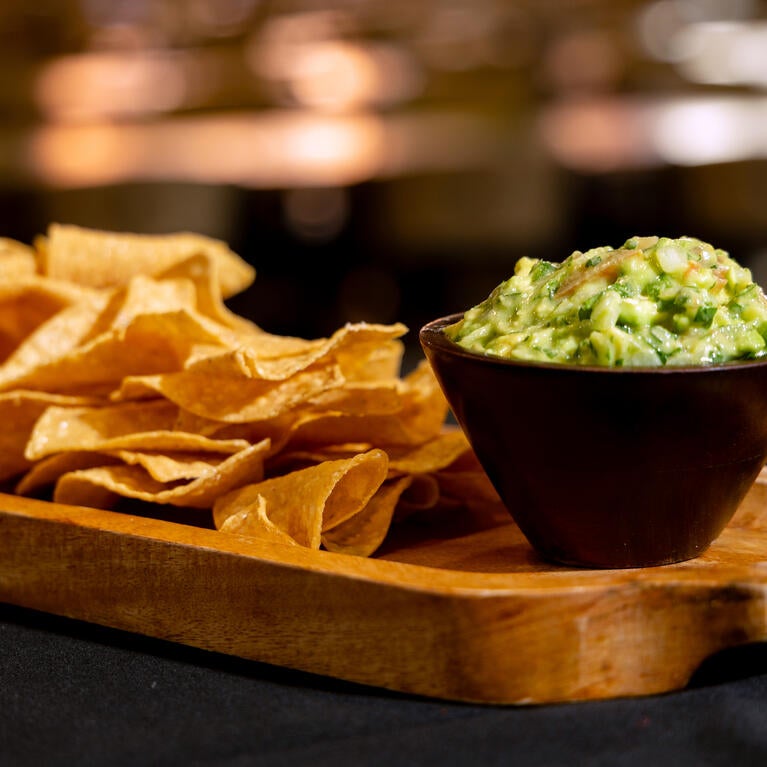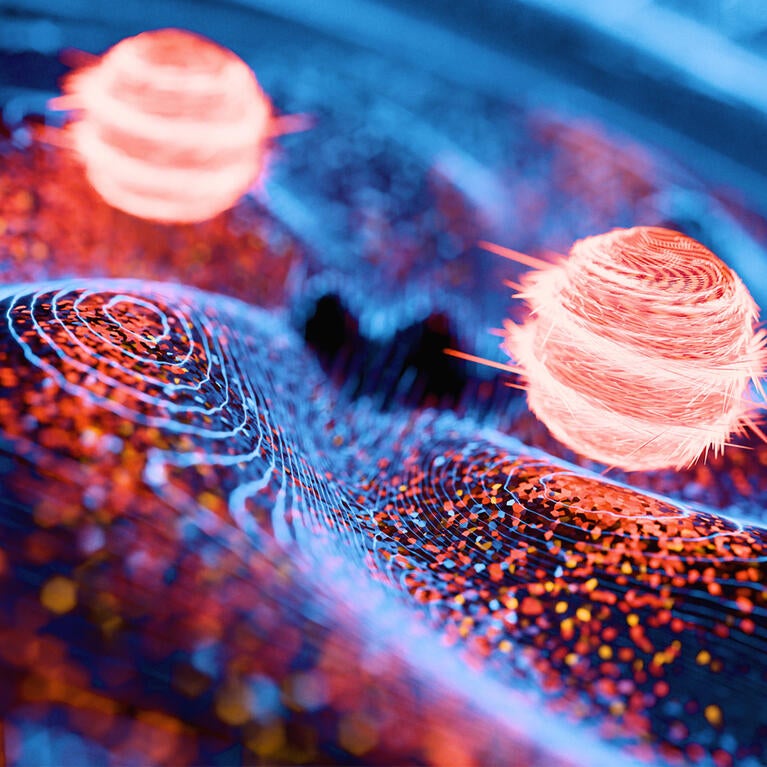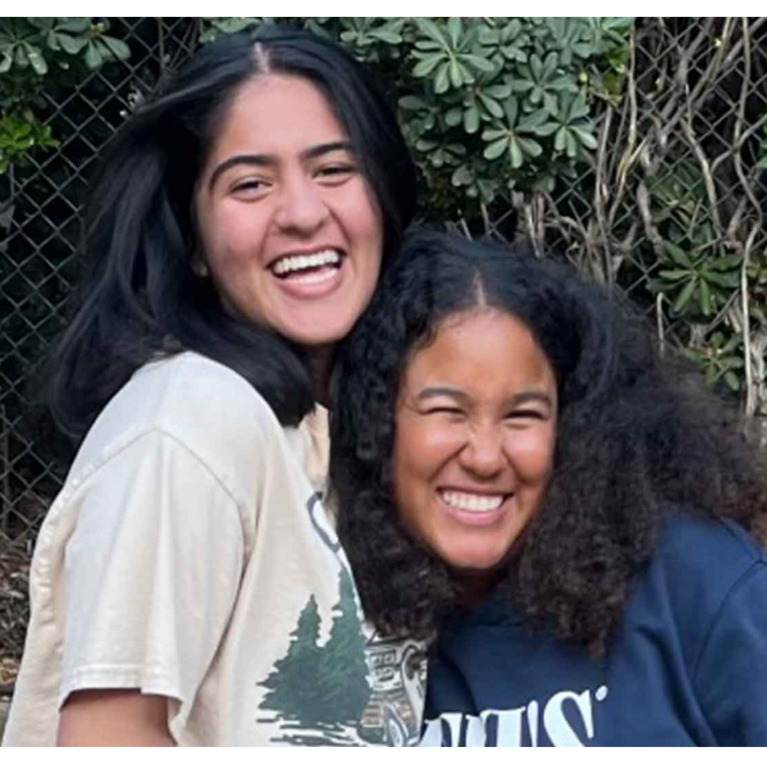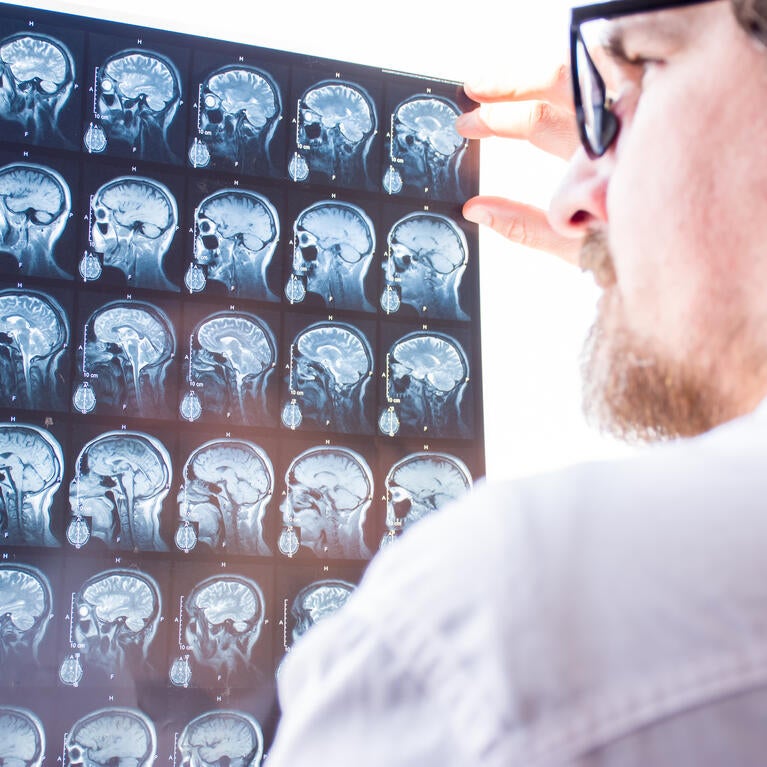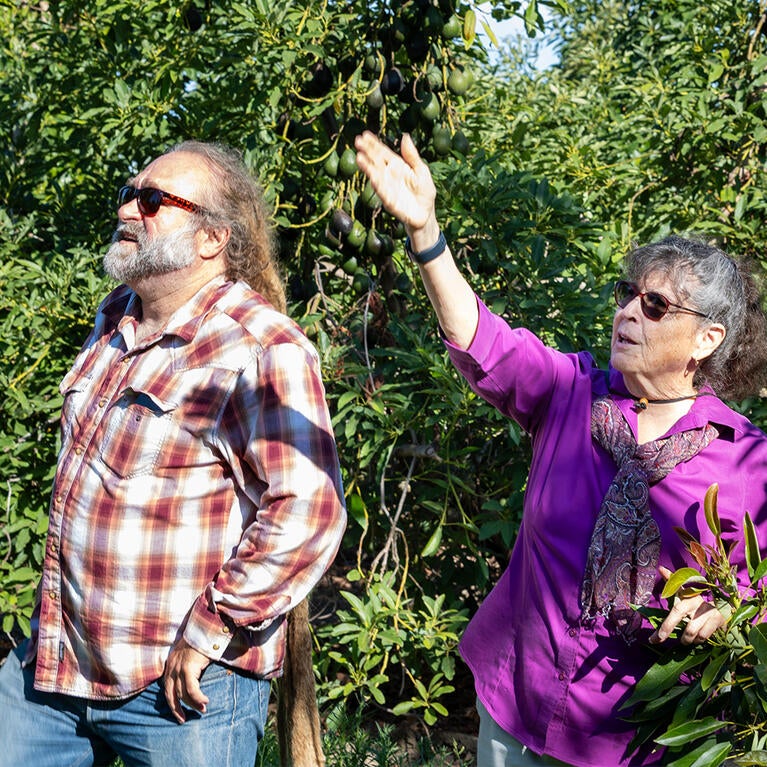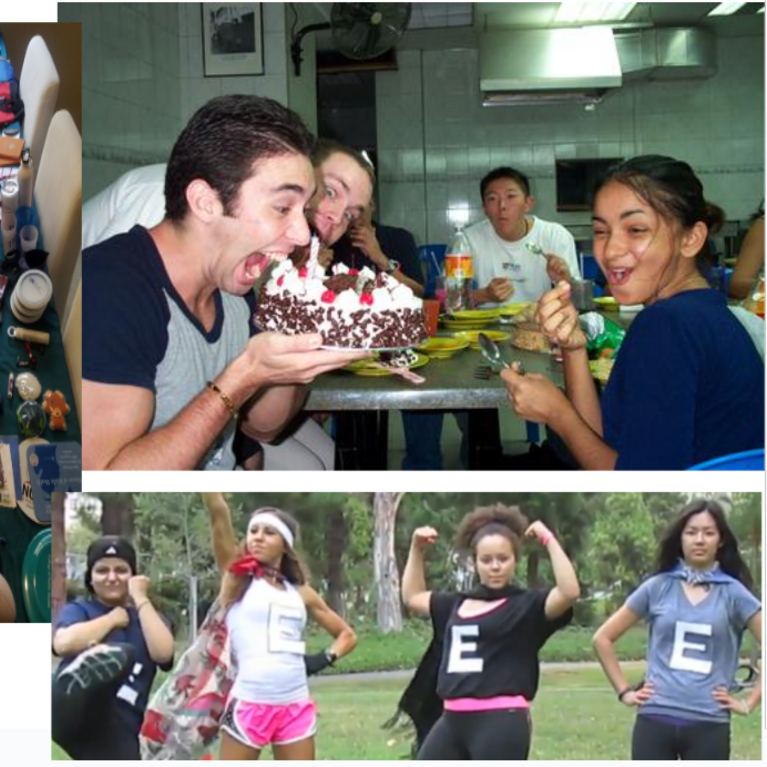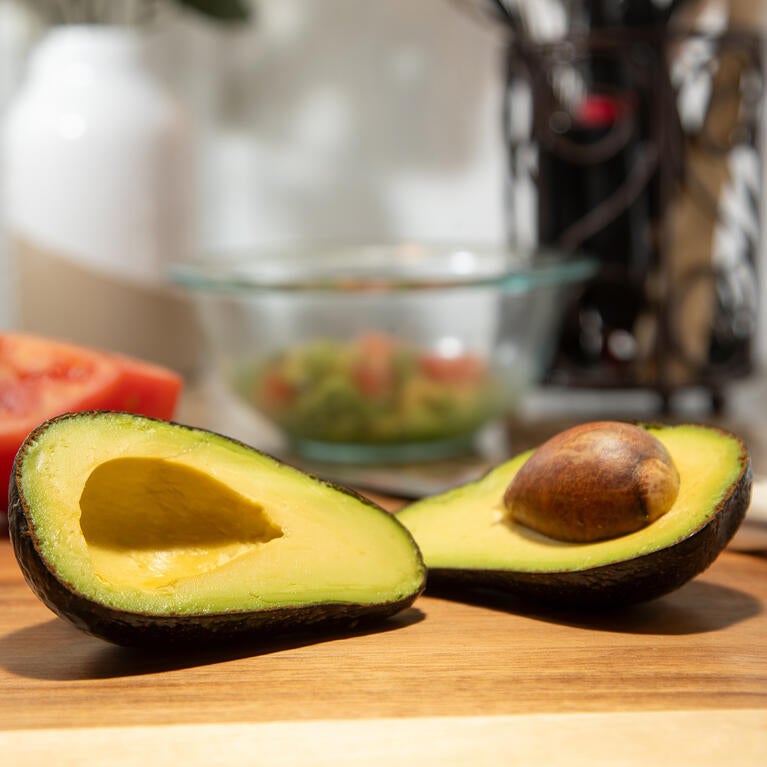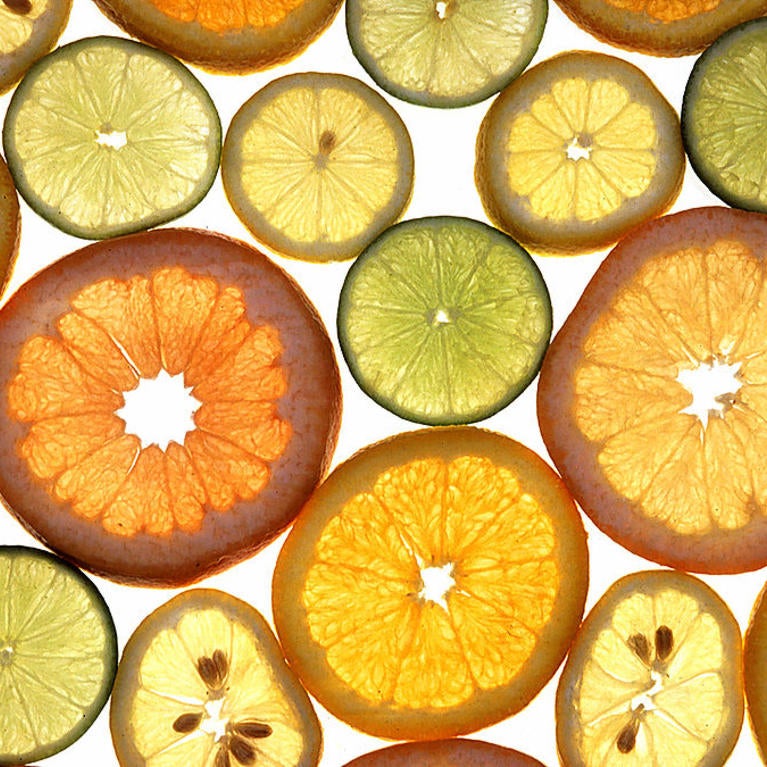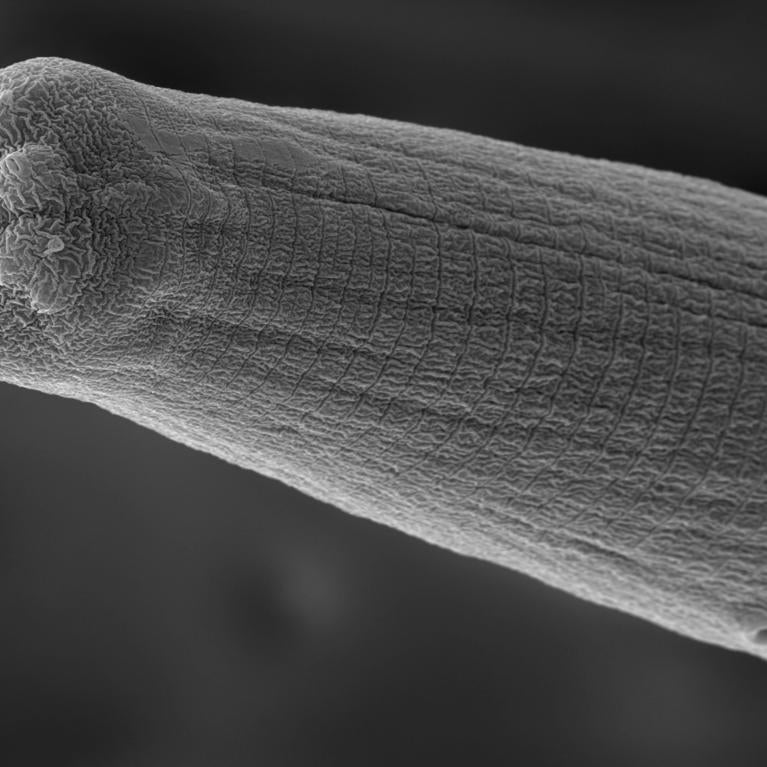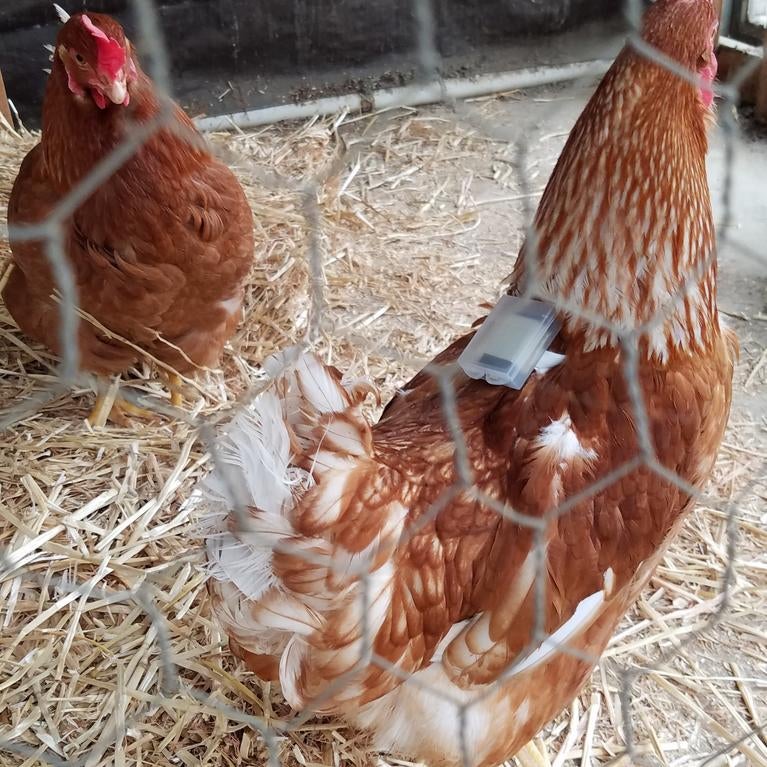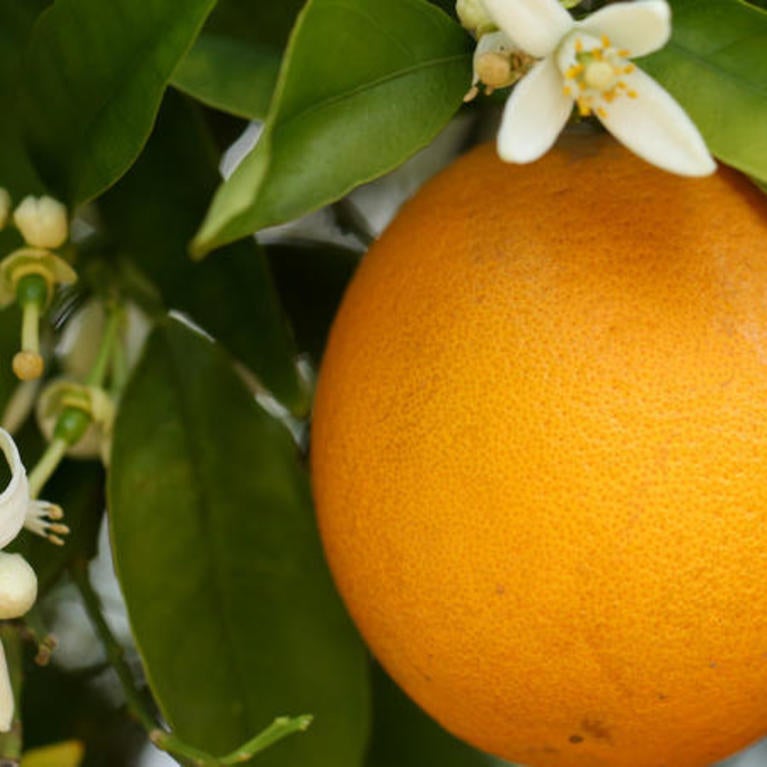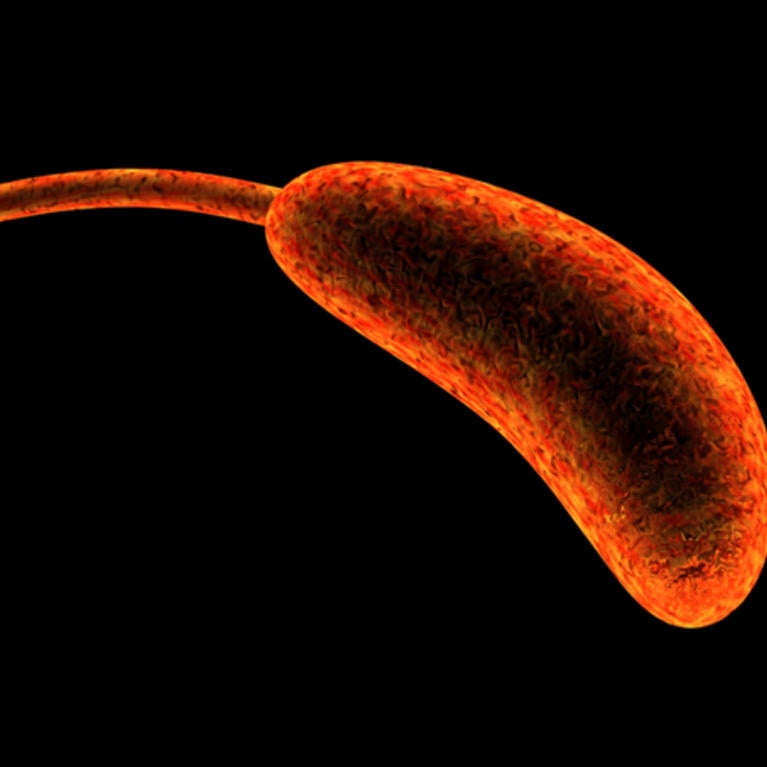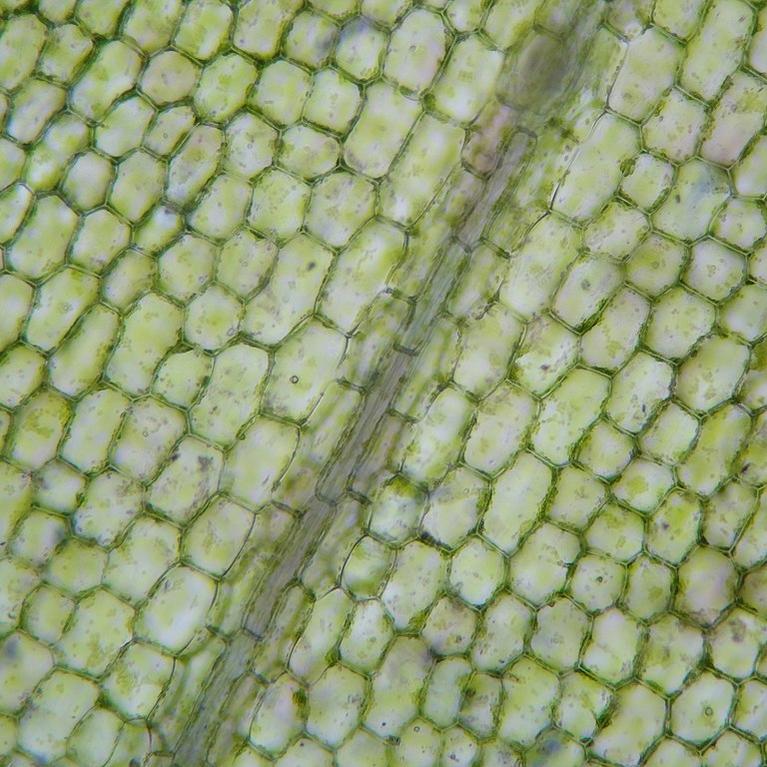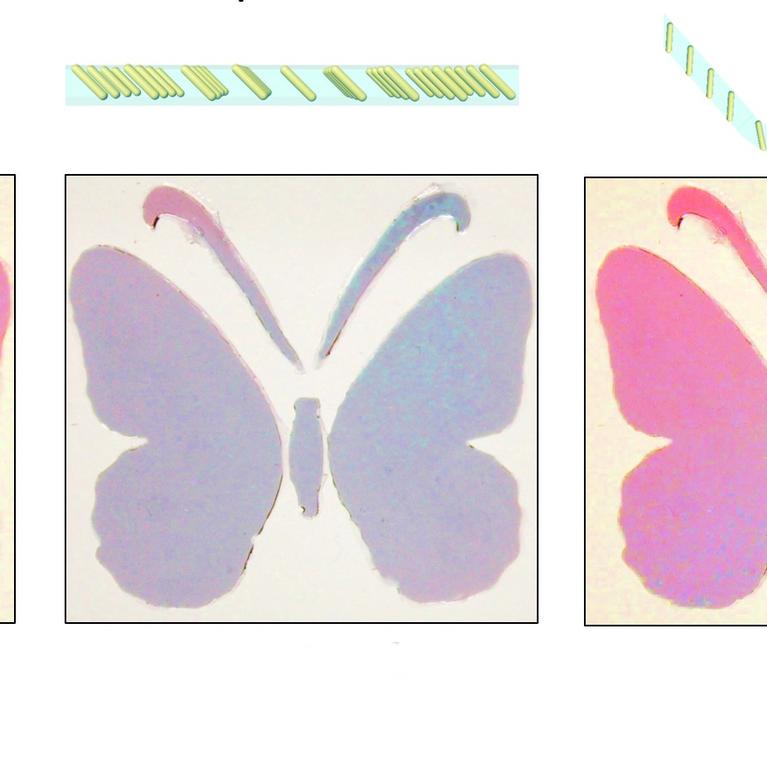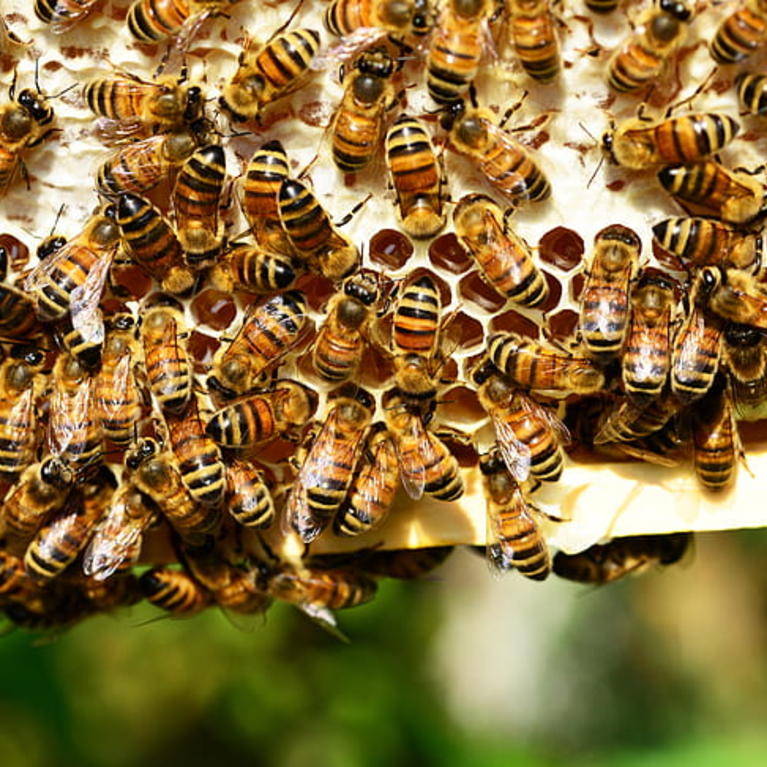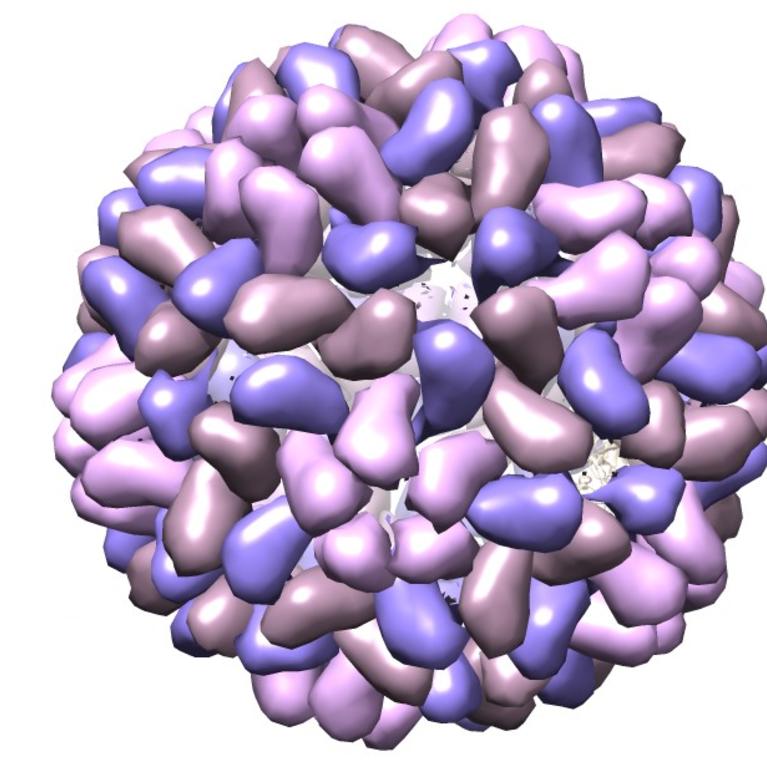
Artificial Intelligence to reshape deep science learning
Artificial Intelligence, beyond the hype and hysteria in headlines today, plays a growing role in daily life and business – with uses ranging from predictive text to Netflix recommendations to the detection of bank fraud. Much of that progress is thanks to researchers on the cutting edge of complex scientific...
By UCR News |
| Science / Technology
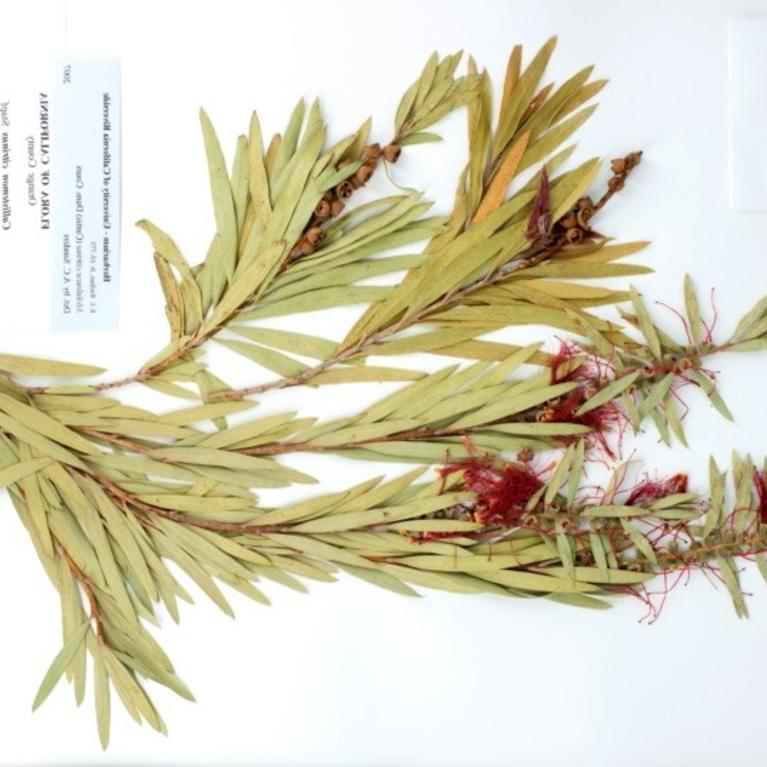
UCR Herbarium founder donates $900K to preserve its future
UC Riverside’s herbarium, established over 60 years ago, is an irreplaceable library of plant specimens. Now, a $900,000 bequest from its founder Frank Vasek and his wife Maxine will ensure the resource remains available to many generations of future plant scientists, and that it receives needed repairs and reorganization. Vasek...
By Jules Bernstein |
| University
